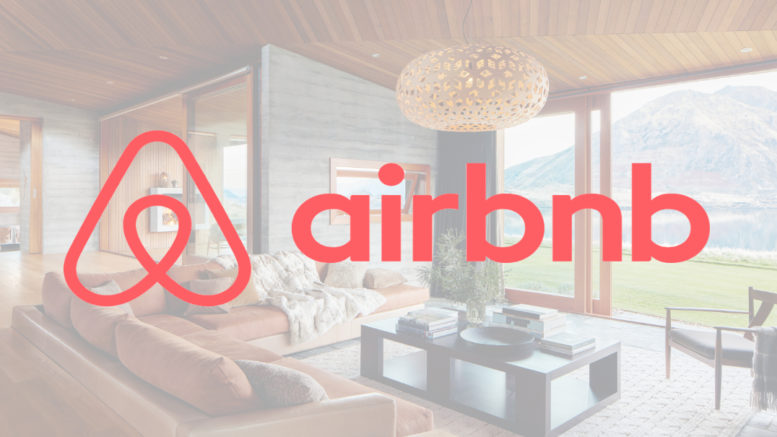Landlords who offer short term lets through Airbnb or other portals are being warned to double check that their tax returns are in order.
The warning came after it emerged that Airbnb UK had been obliged to pay an additional £1.8m in tax following an Inland Revenue ‘review’. Part of the short term letting portal’s settlement with HMRC was an agreement to hand over landlord details.
It is certain short term rental income will now come under greater scrutiny, with bills for back-tax going back years, interest and penalties likely for self-assessment reporting errors.
Airbnb’s latest accounts for the year to December 2019, which revealed its additional tax payment, said it will continue to work collaboratively with HMRC and will share information about the amounts earned by landlords from Airbnb lettings for 2017/18 and 2018/19 – and presumably for subsequent years. There are an estimated 225,000 names on the Airbnb list.
HMRC has 12 months to launch formal enquiries into self-assessment tax returns and in some circumstances can go back 20 years. Those found to have under-reported earnings will likely face back tax, interest and penalties.
There is still time for those who have filed 2018/2019 self-assessment returns to correct any errors before the 31 January deadline. Errors relating to previous years can be disclosed voluntarily via the Revenue’s Let Property Campaign, a course of action that could reduce potential penalties.
Landlords letting out rooms in their main residence are likely to be little affected by the Airbnb disclosures since they benefit from the £7,500 Rent-a-Room tax relief. However, landlords letting out second or third properties do not benefit from this relief and are obliged to report all letting income.
- David Alexander, joint chief executive of property investment firm Apropos, said the Airbnb deal may signal the end of growth for the short term lettings market. ‘Since the start of the pandemic we have had hundreds of former Airbnb property owners approach us about shifting from short to long term letting. They correctly predicted that nobody would be holidaying or travelling and therefore their incomes would dry up over the course of this year. This investigation by HMRC into the income earned by these property owners between 2017-2018 and 2018-2019 means that many more landlords will feel that the short-term letting market is not for them. Indeed, there are some companies which had large numbers of properties hired through Airbnb and other sites which may now face considerable tax liabilities in the coming months’.
- As we reported in September, all short-term residential lets in Scotland will require a licence under proposed legislation set to come into force by April 2021. All short-term lets will require a licence, irrespective of the number of nights per year the accommodation is made available, and licence conditions will include compliance with safety standards similar to those required in other rented accommodation. In addition, local authorities may add further stipulations ‘to address local needs and concerns’. Local authorities will also be able to use ‘control area’ regulations to manage and restrict high concentrations of short-term lets and those in places and types of building deemed inappropriate.








